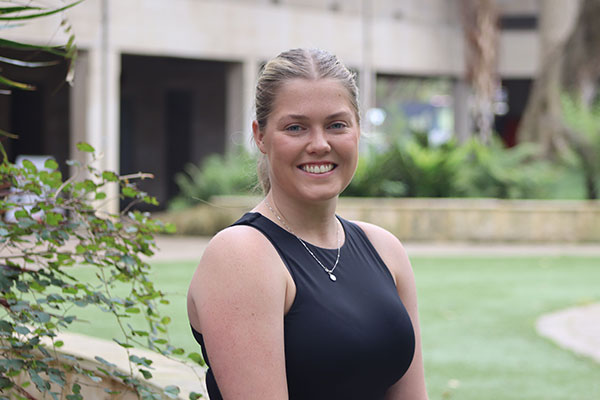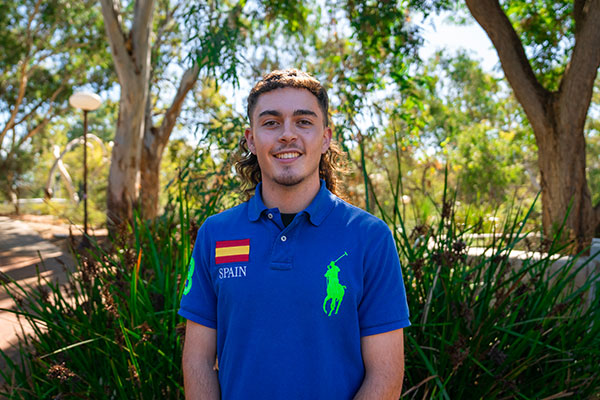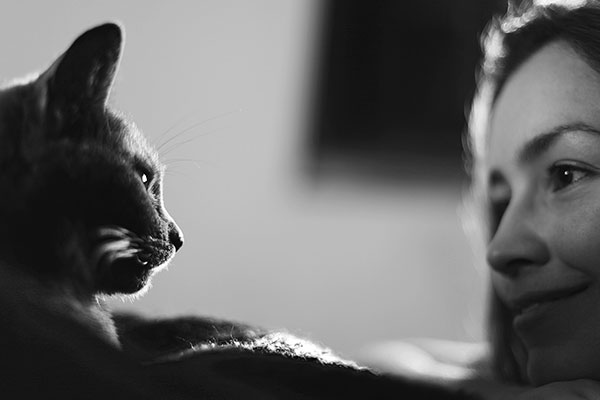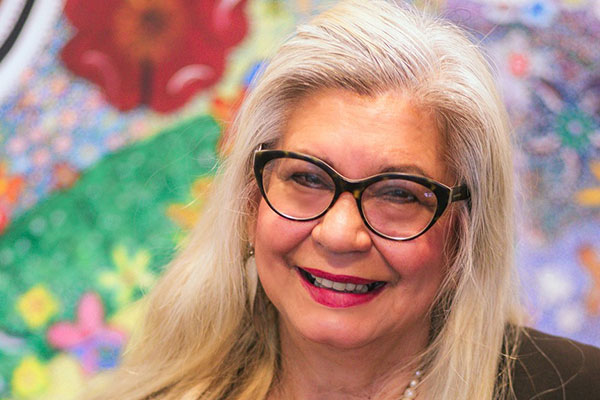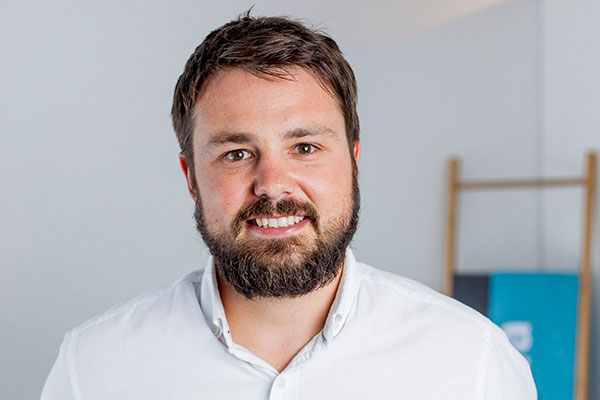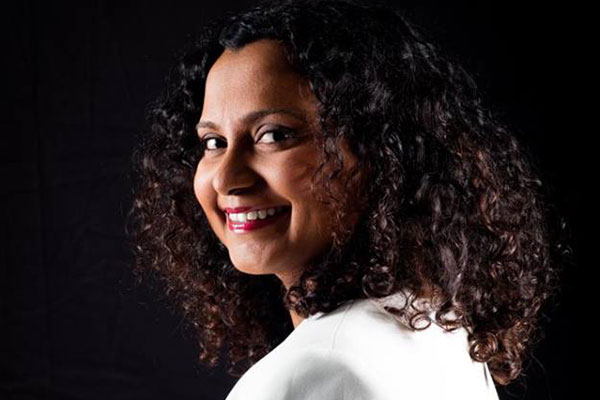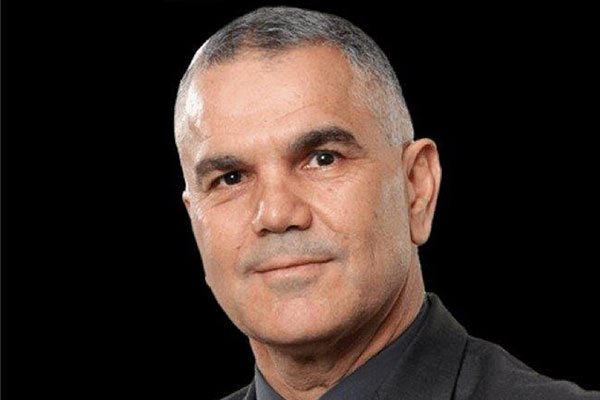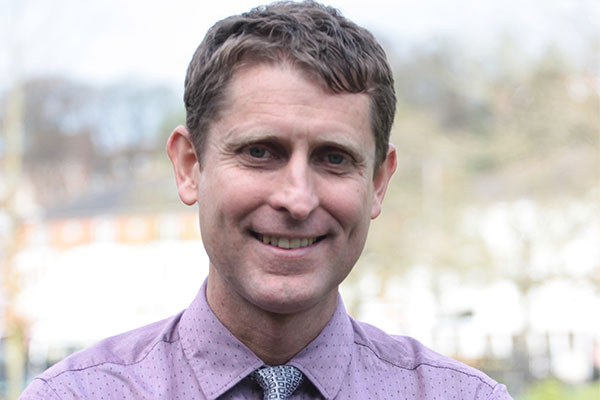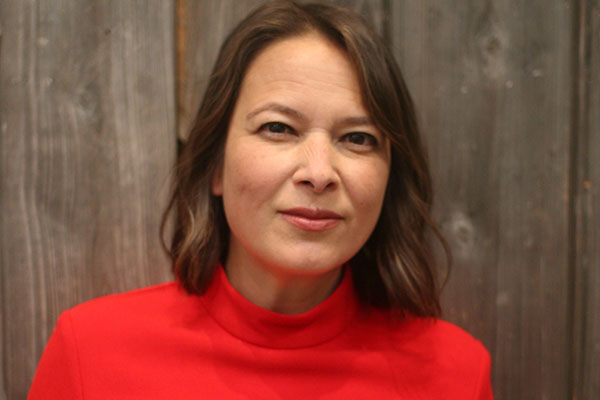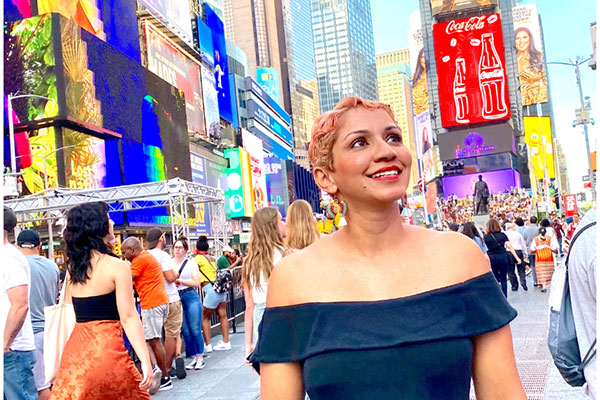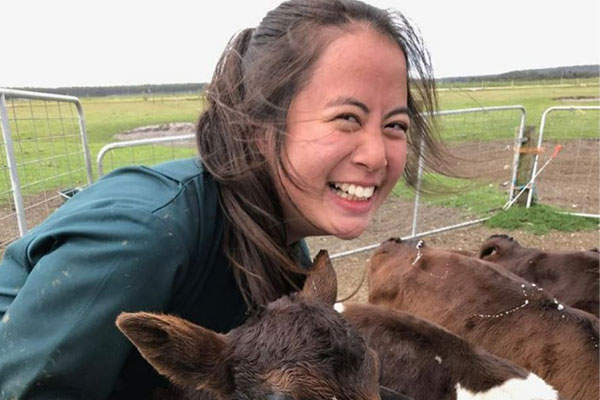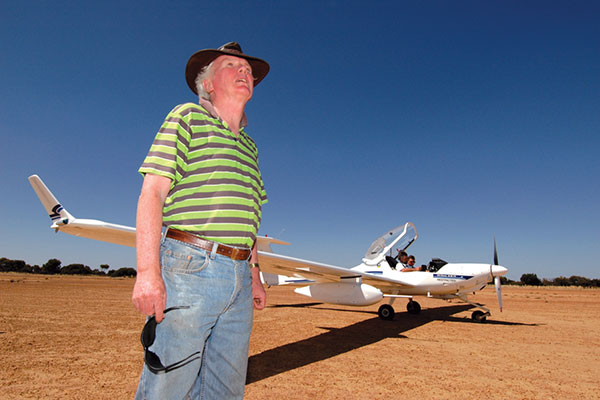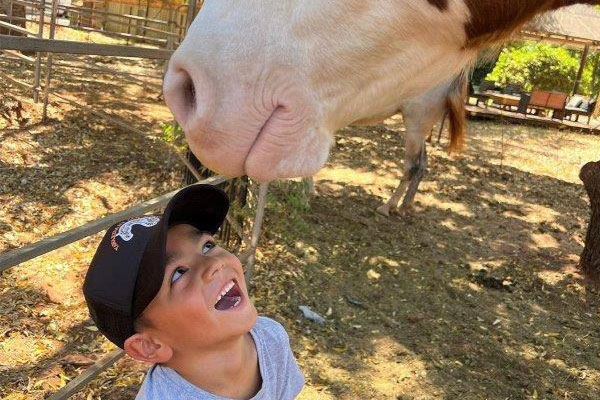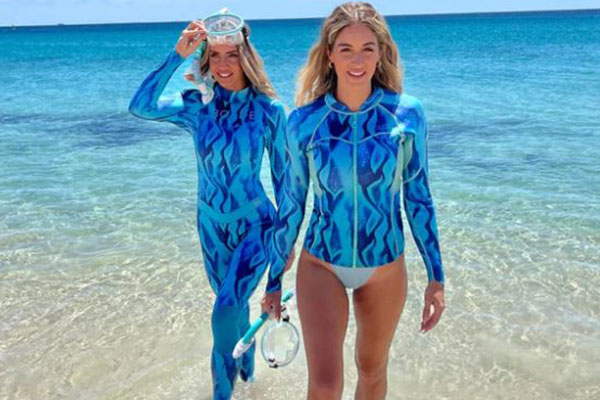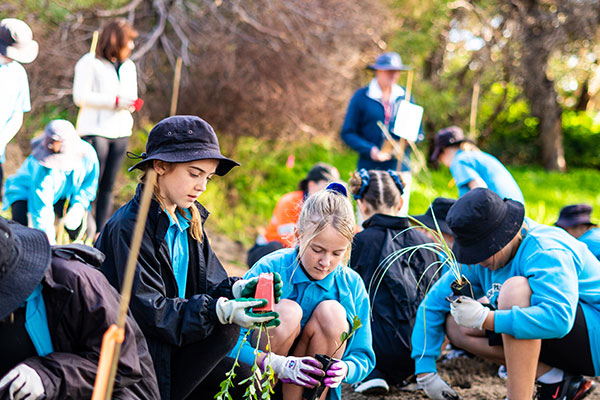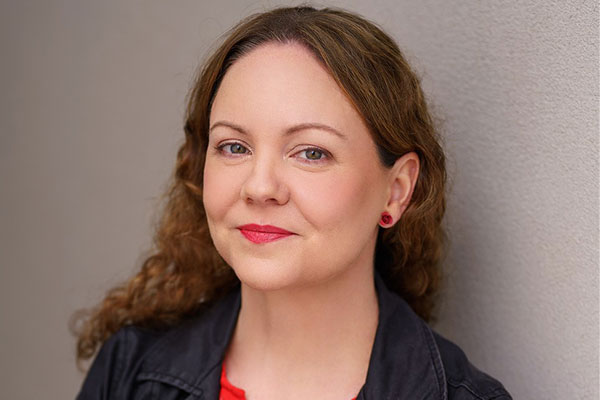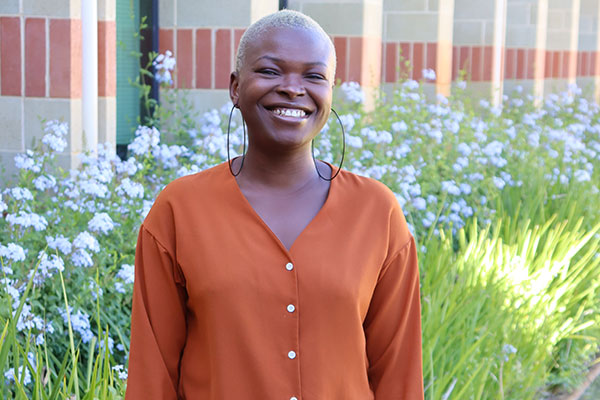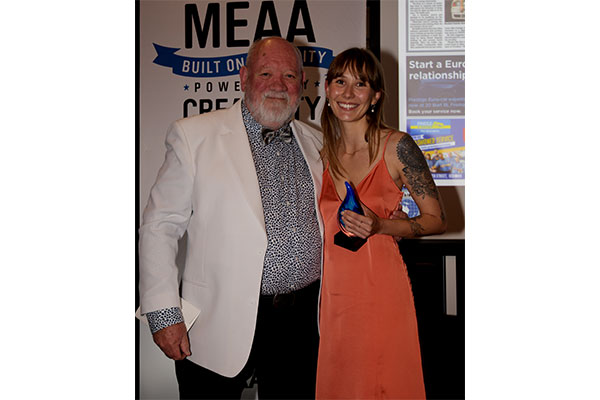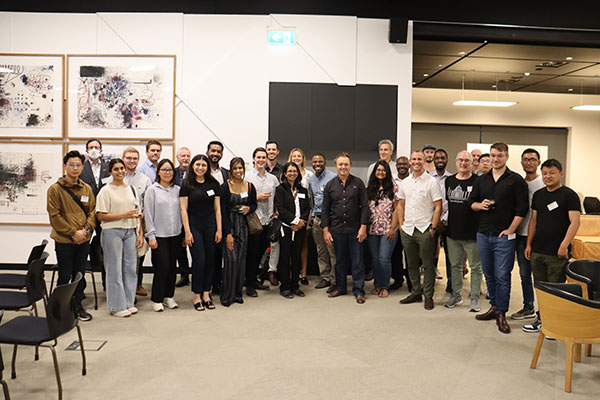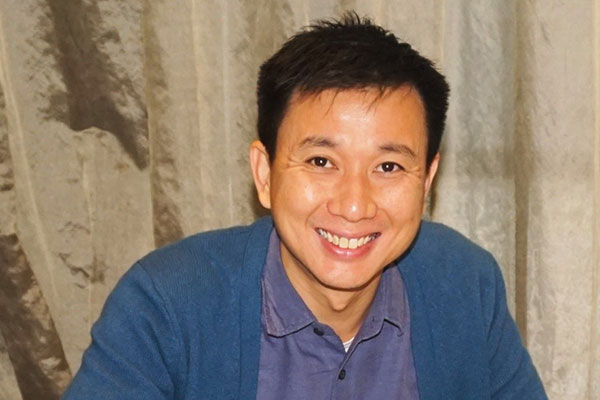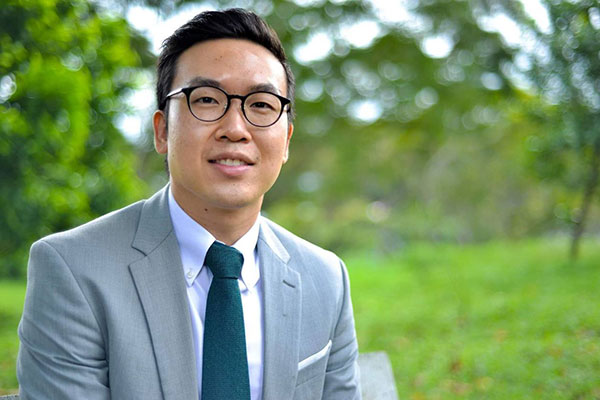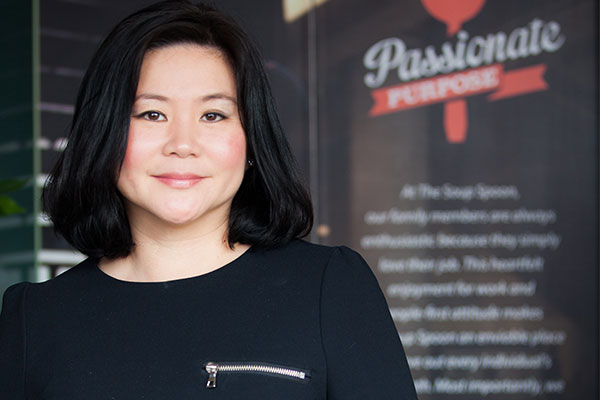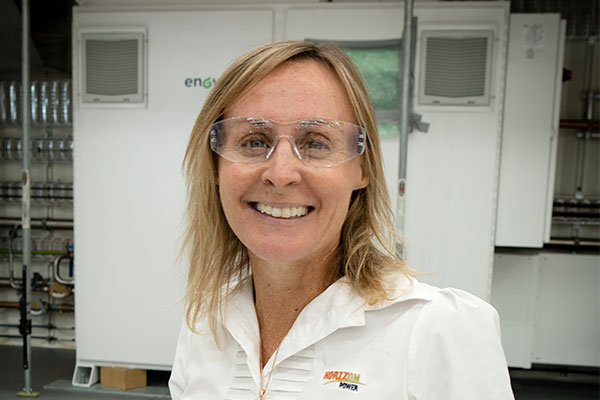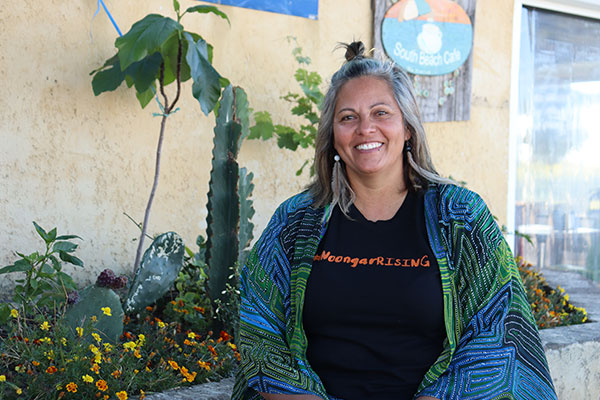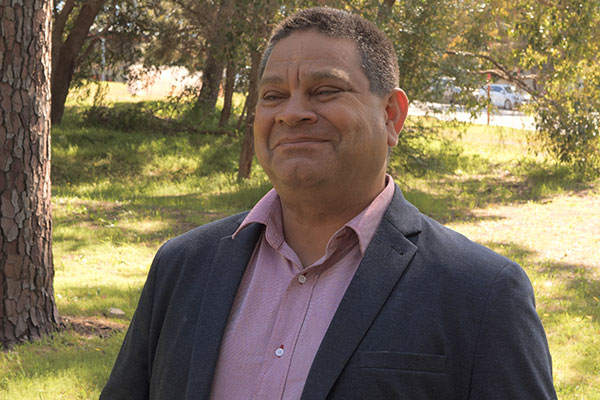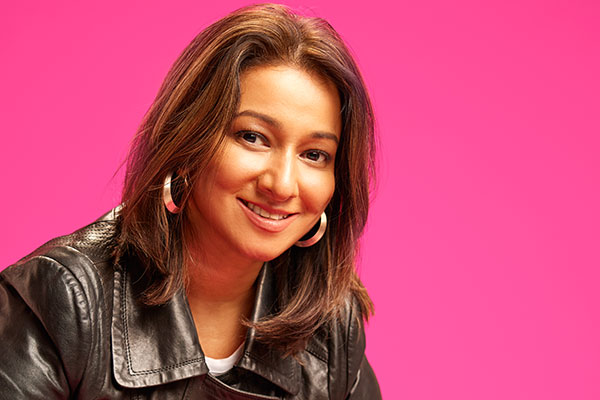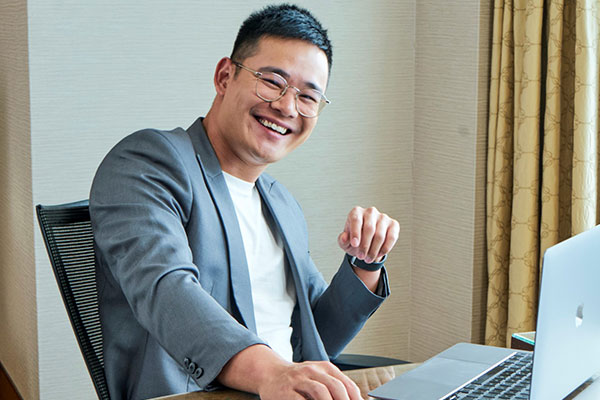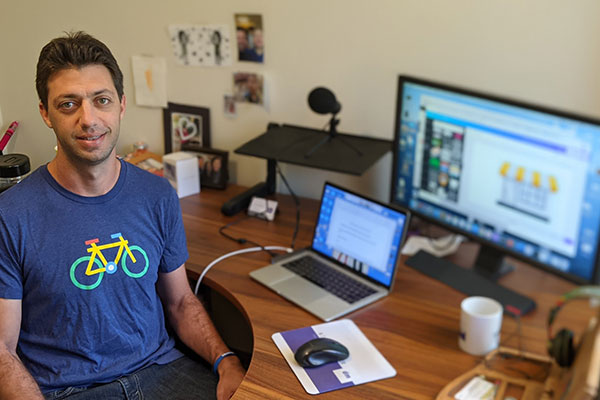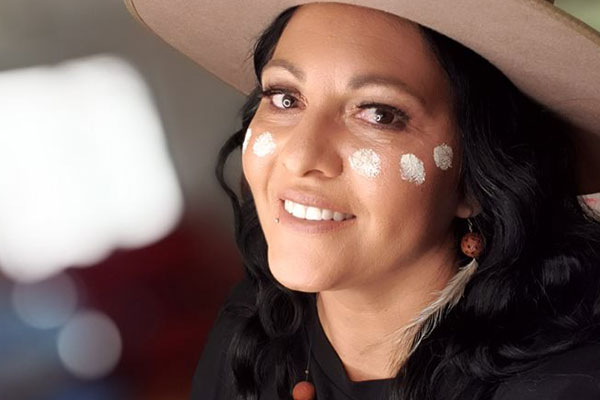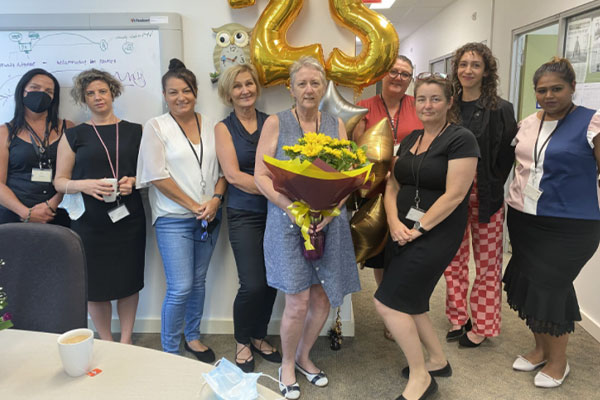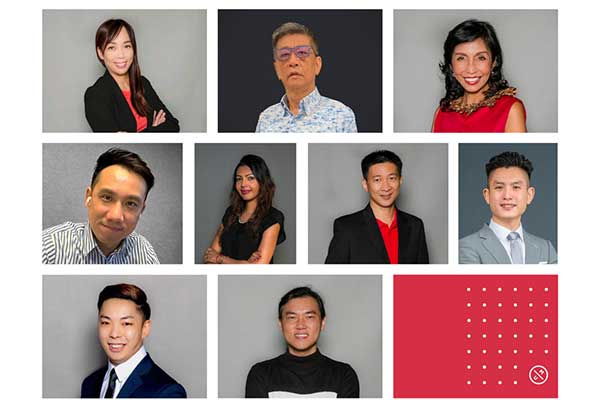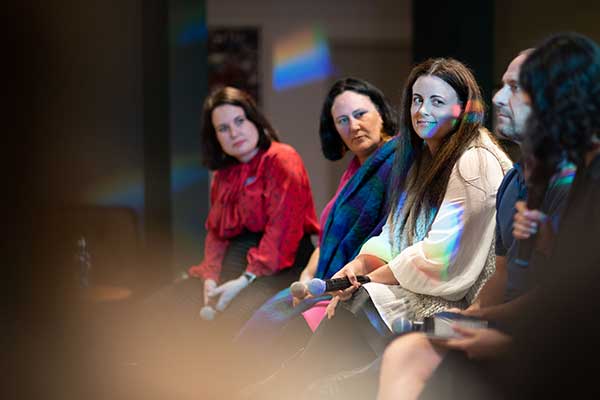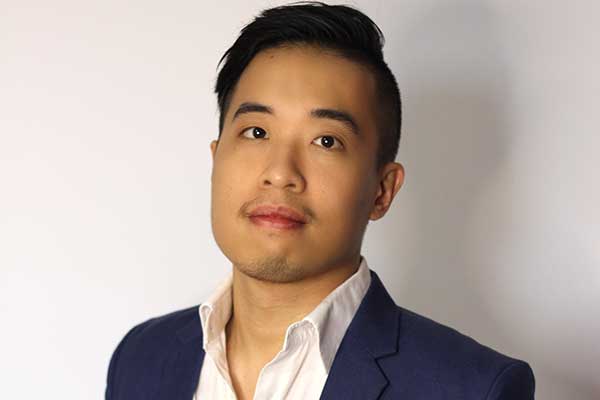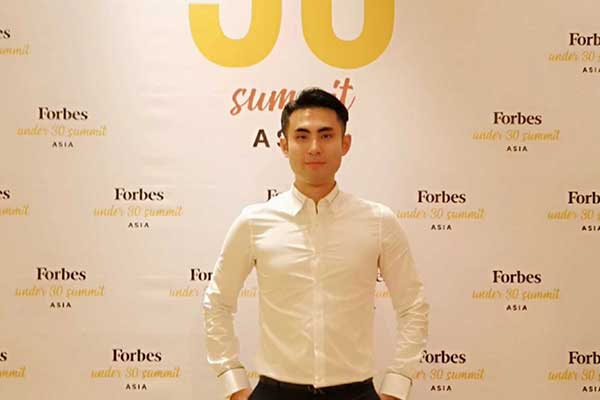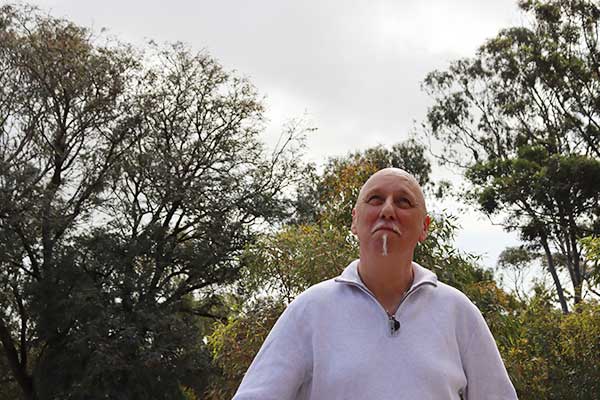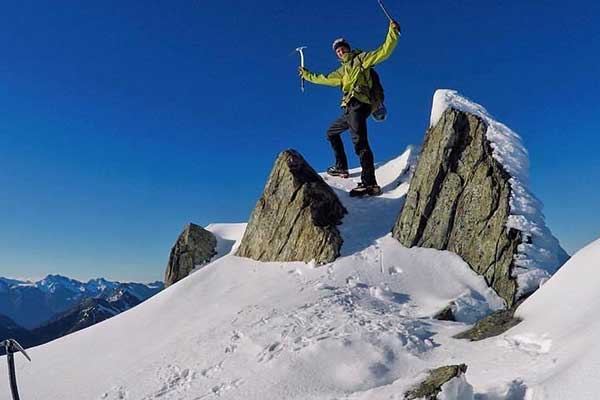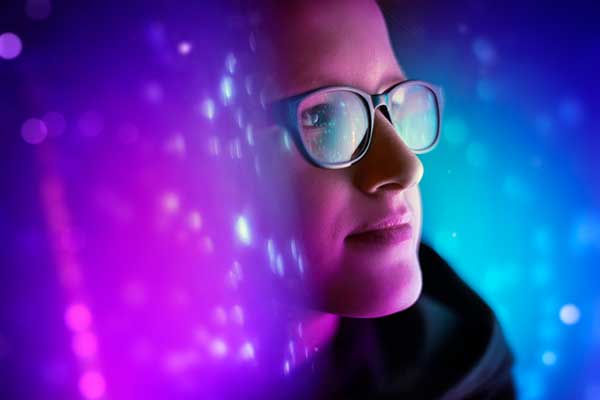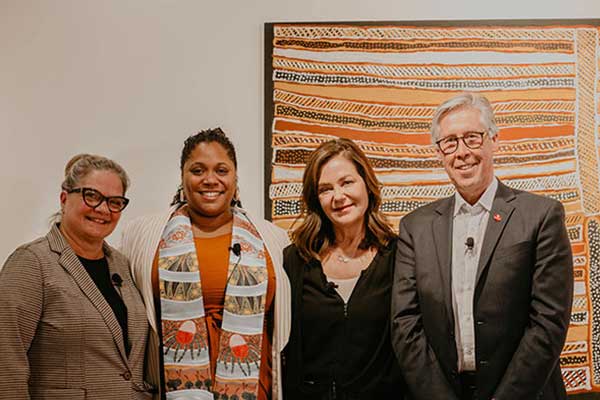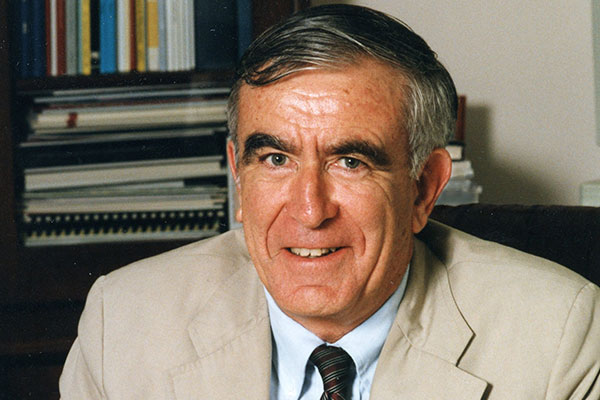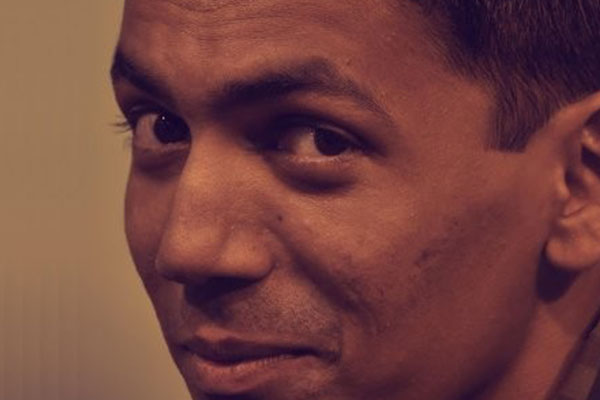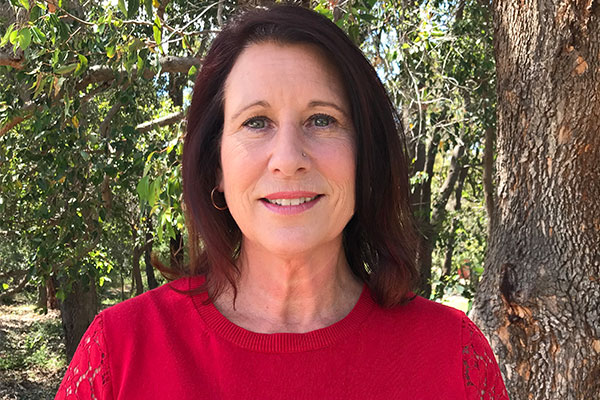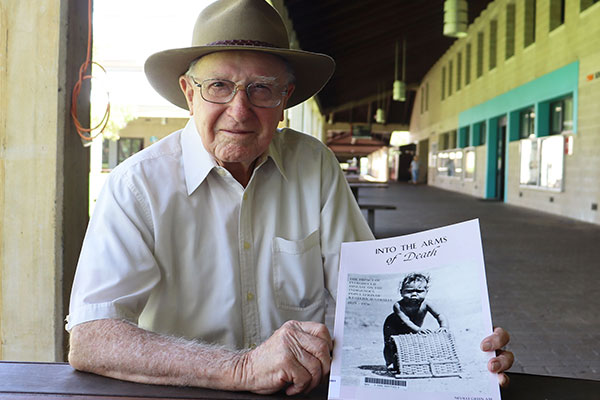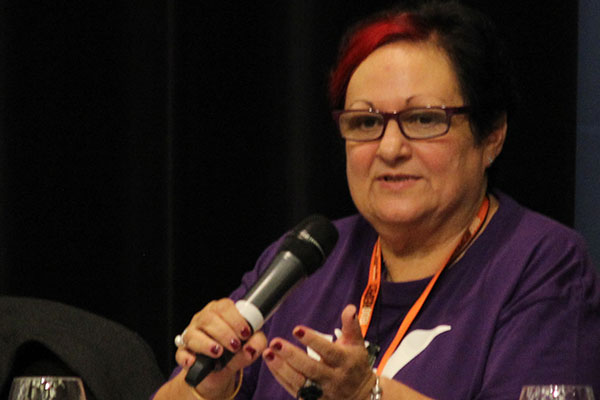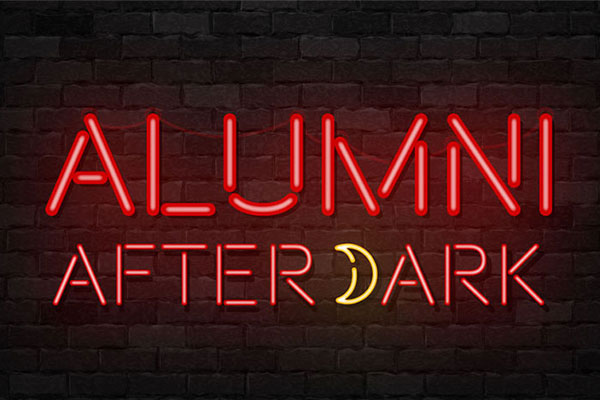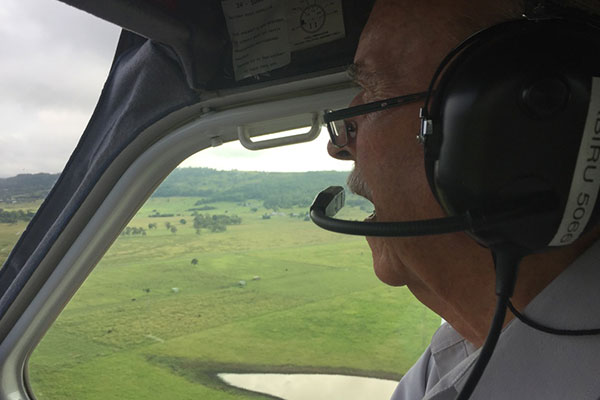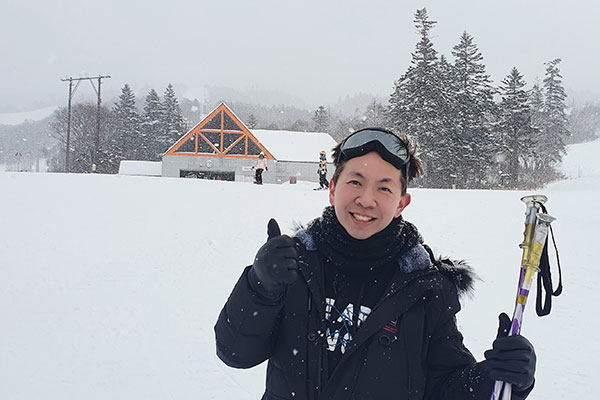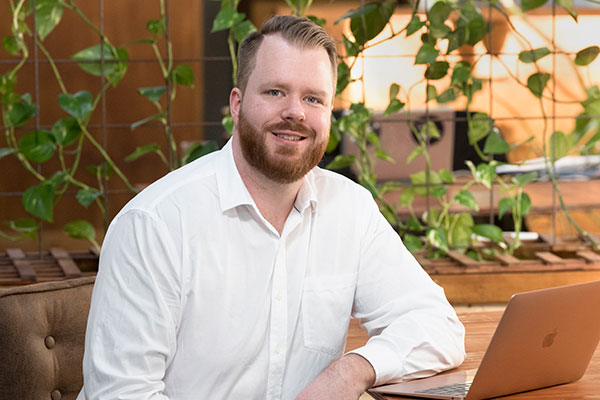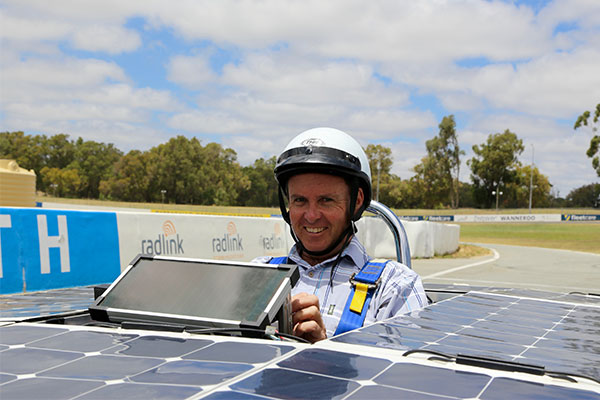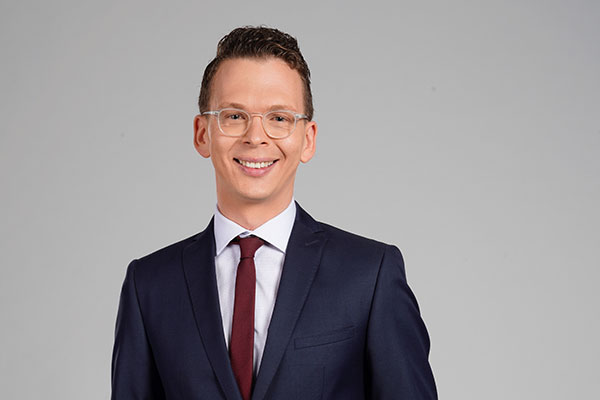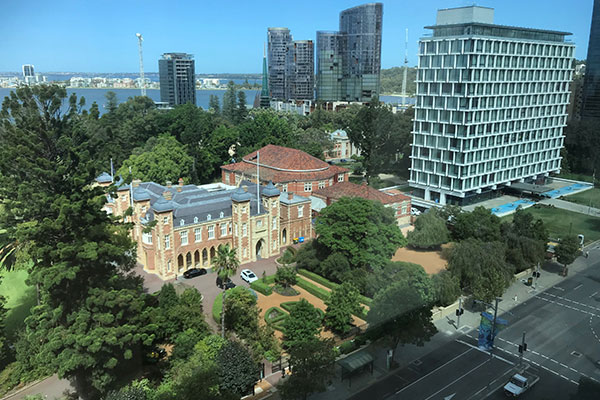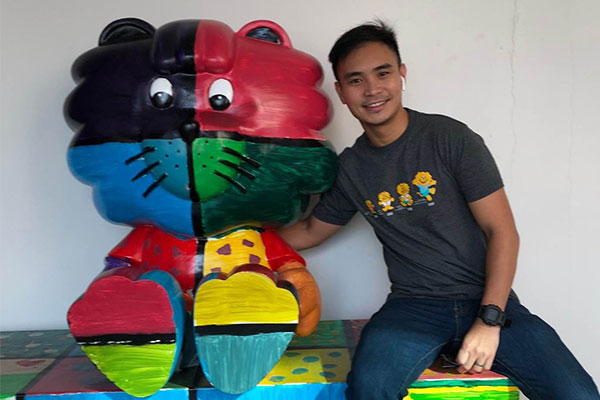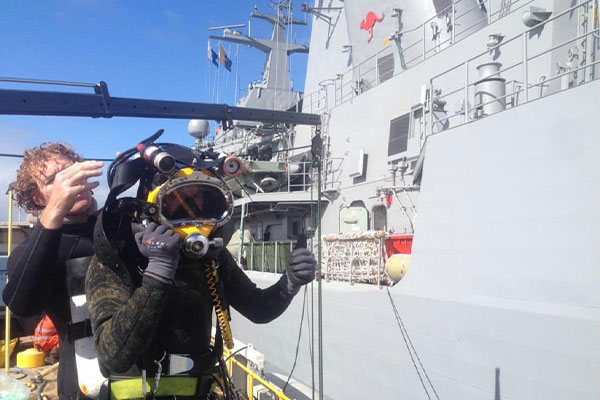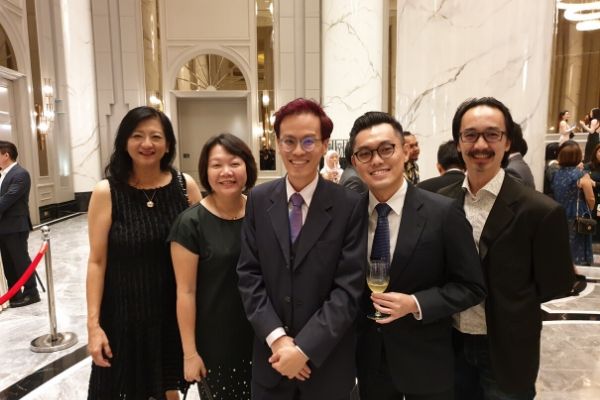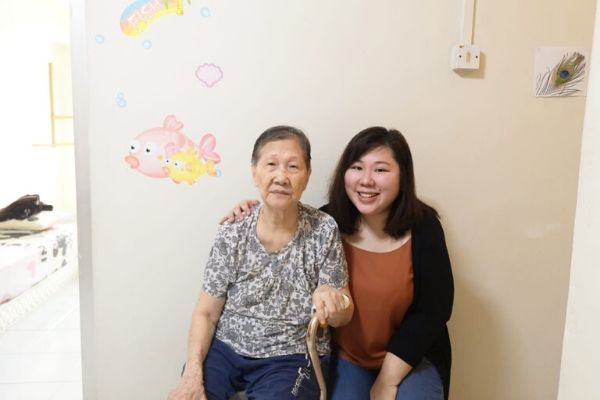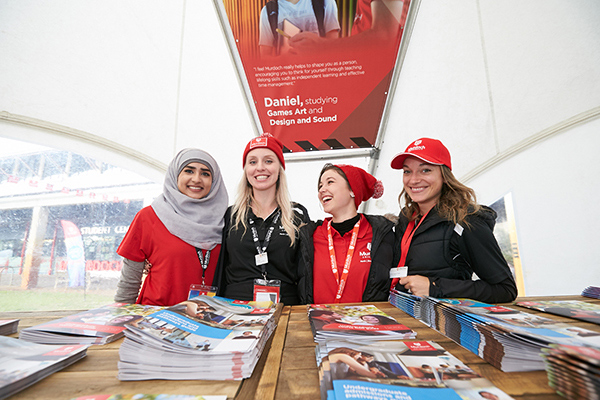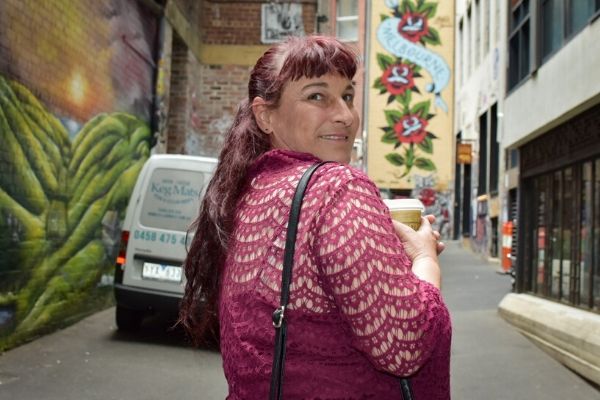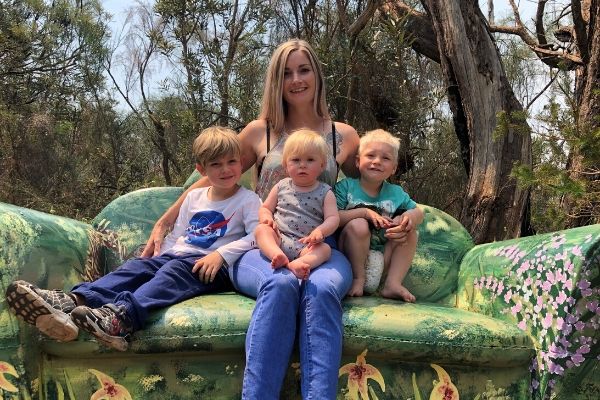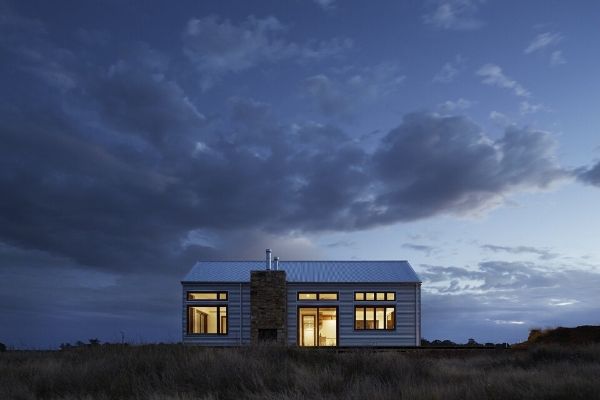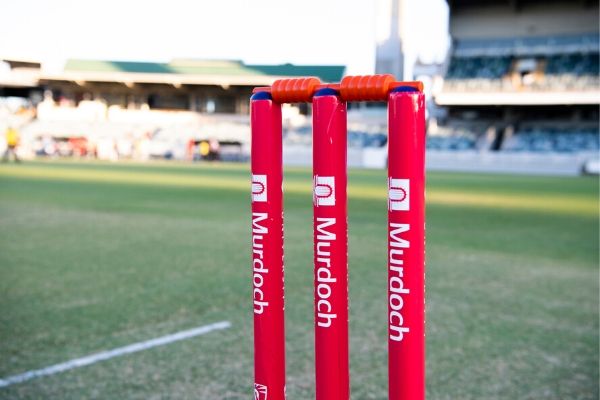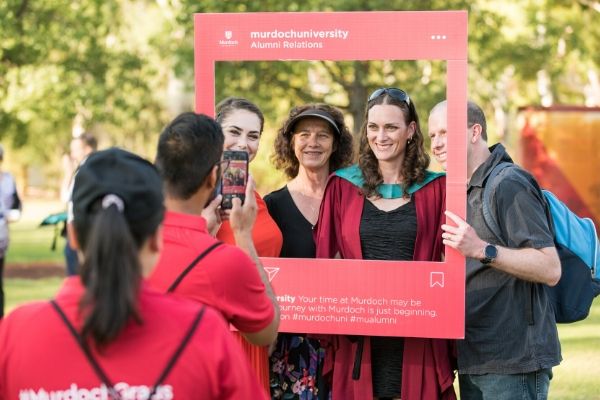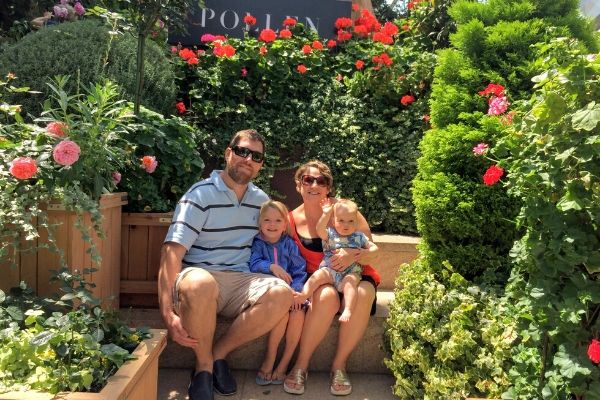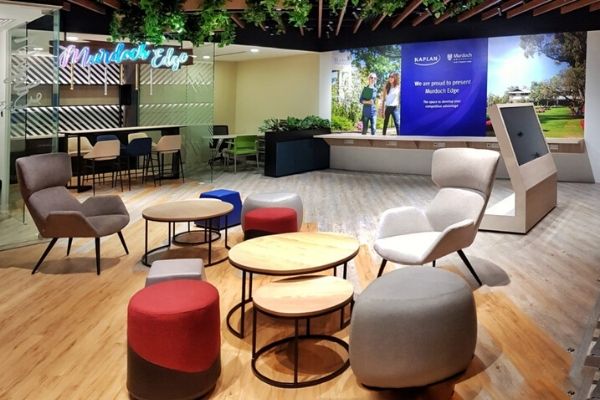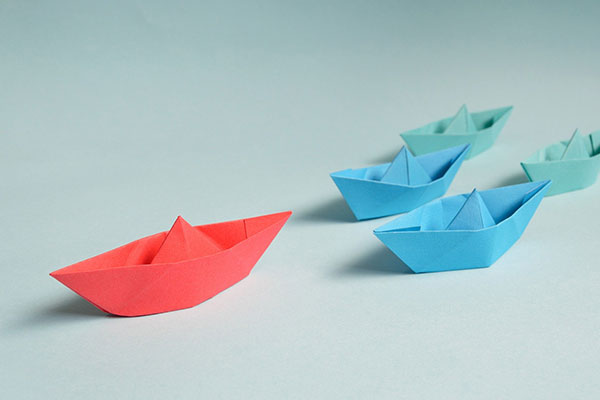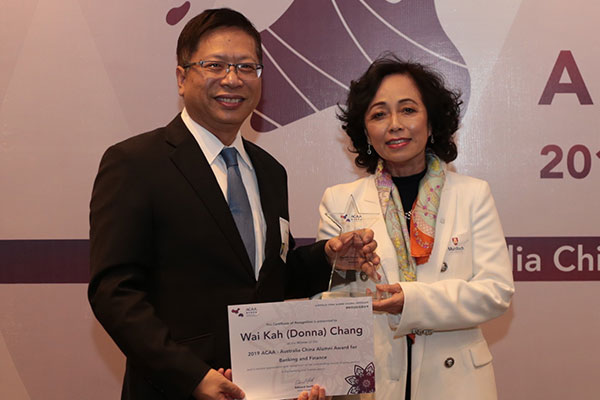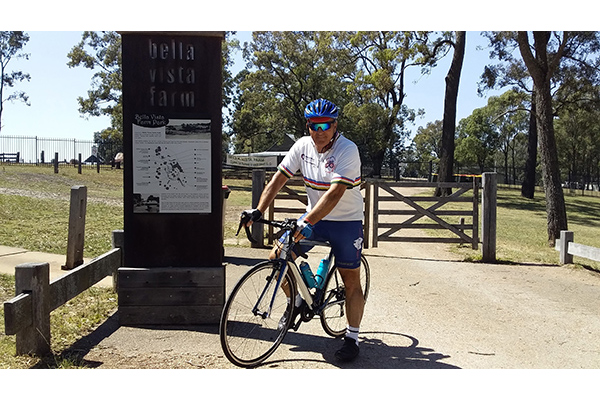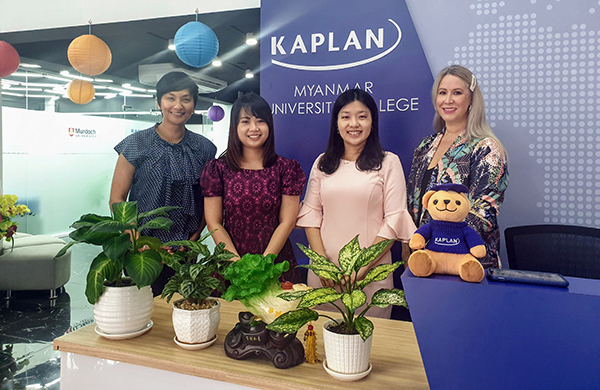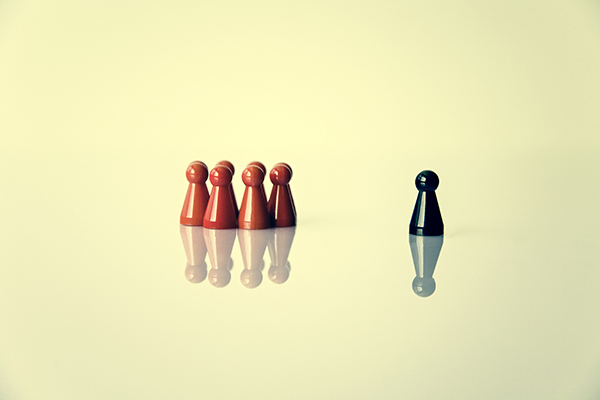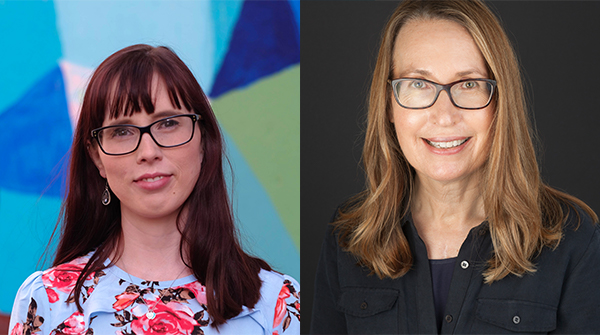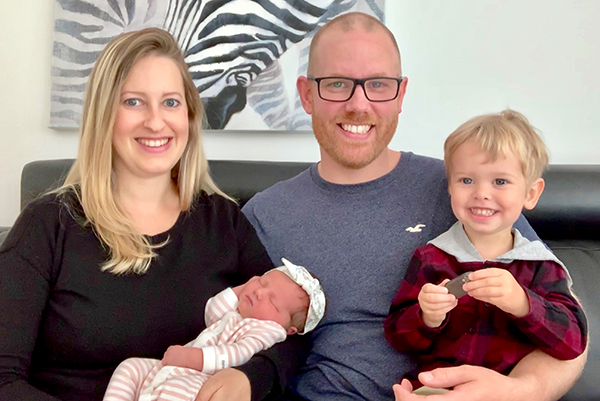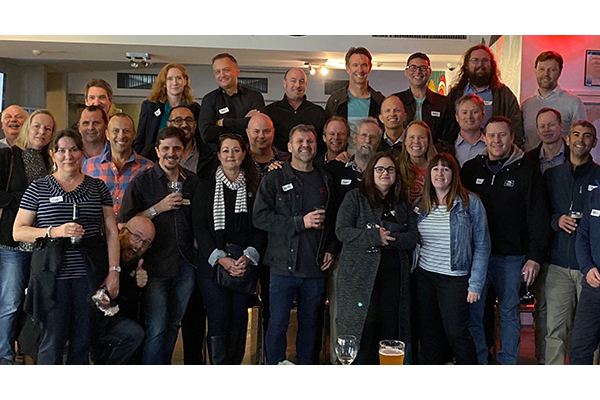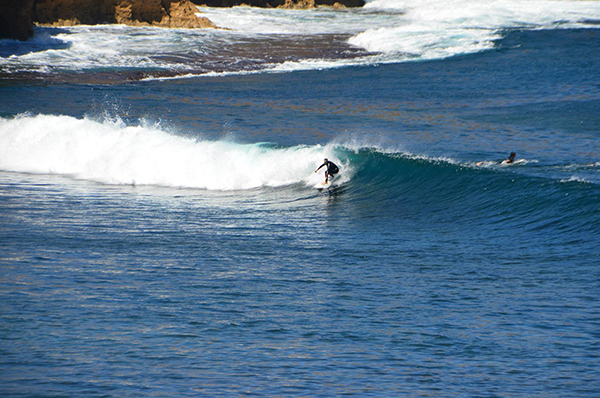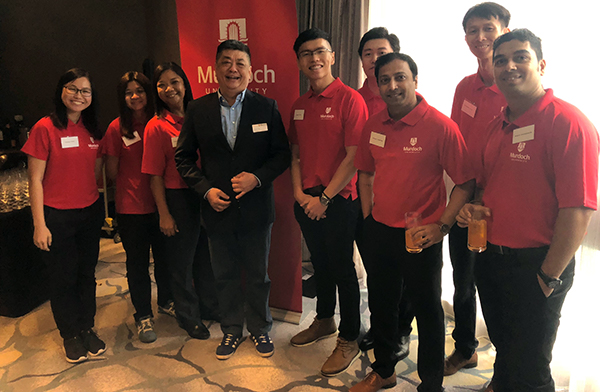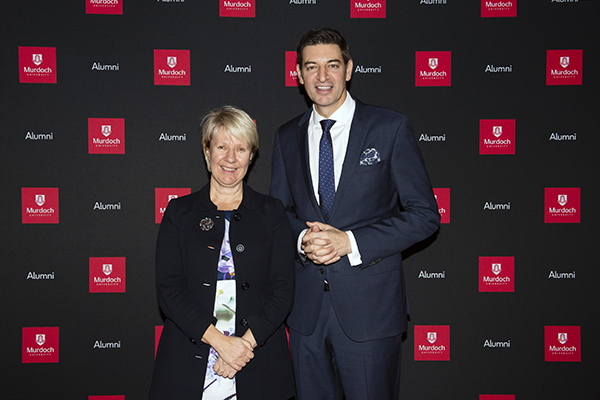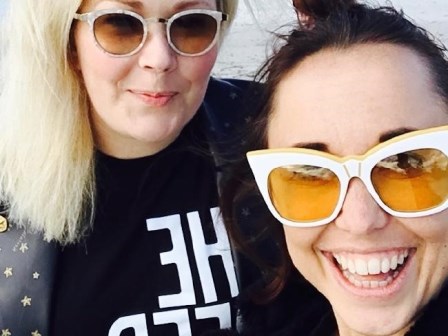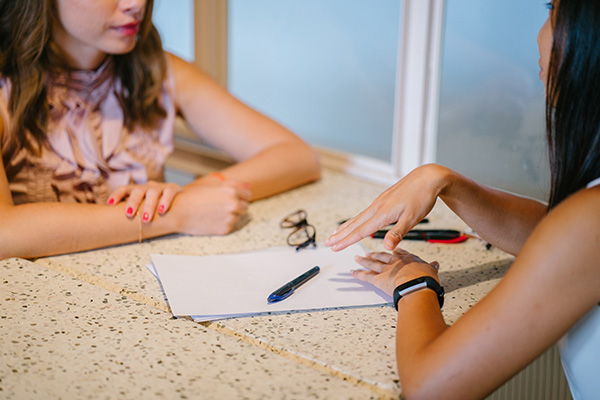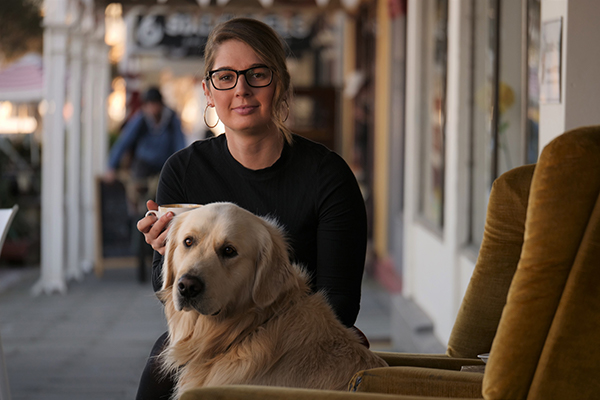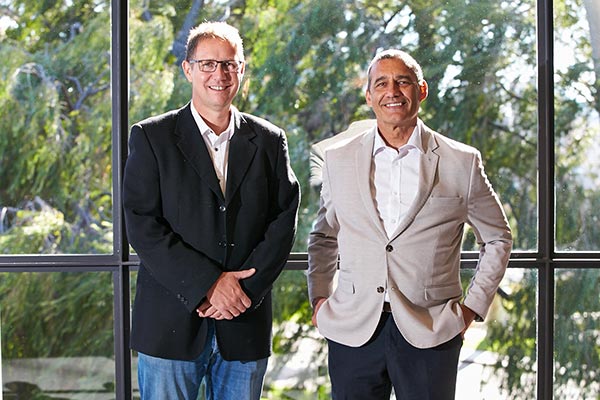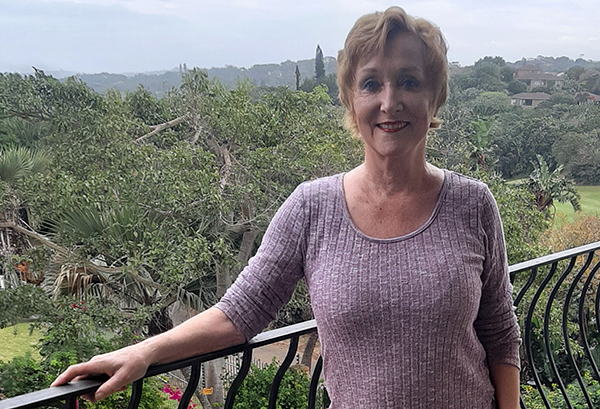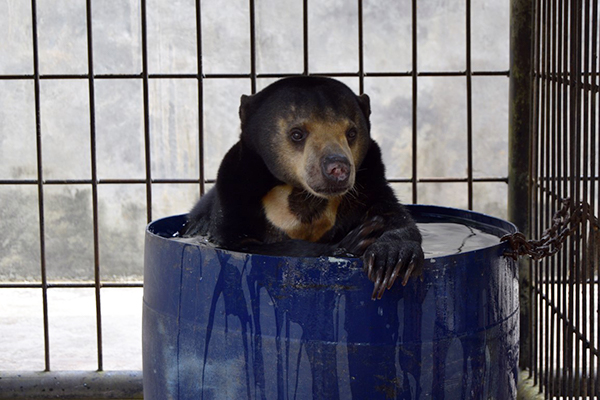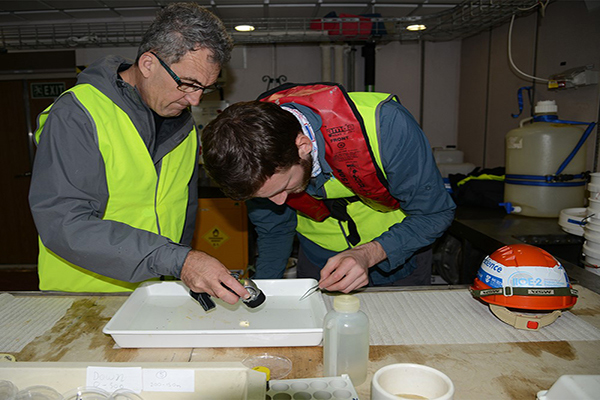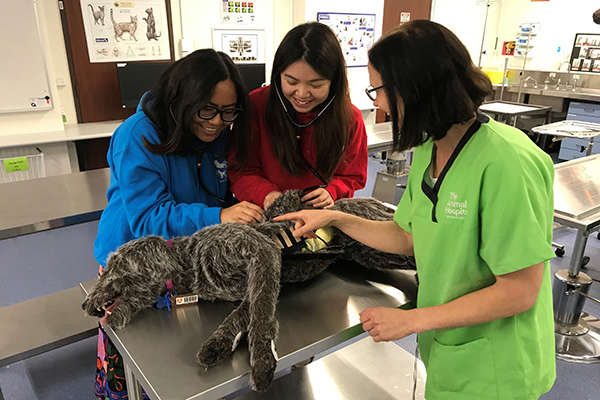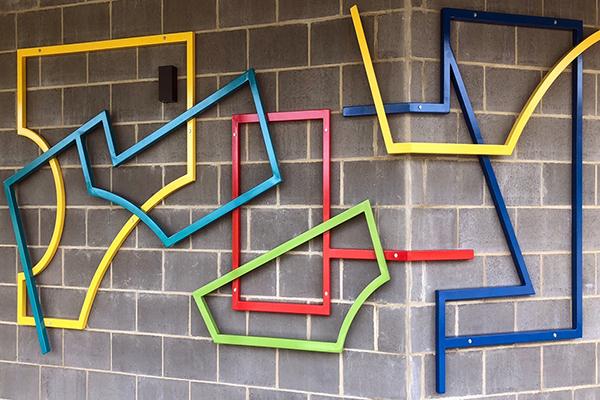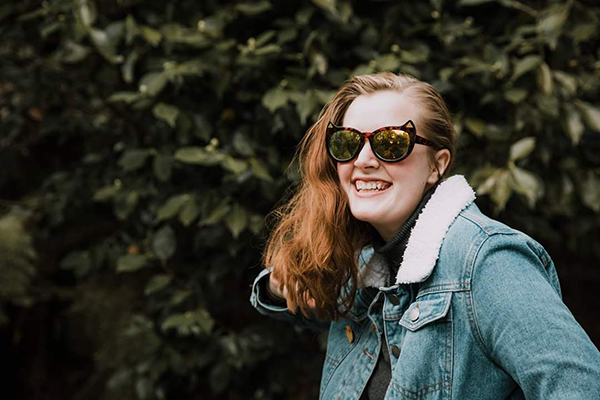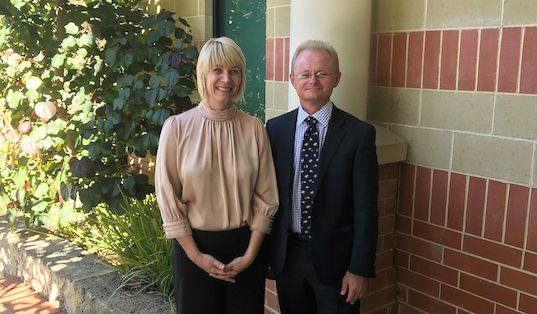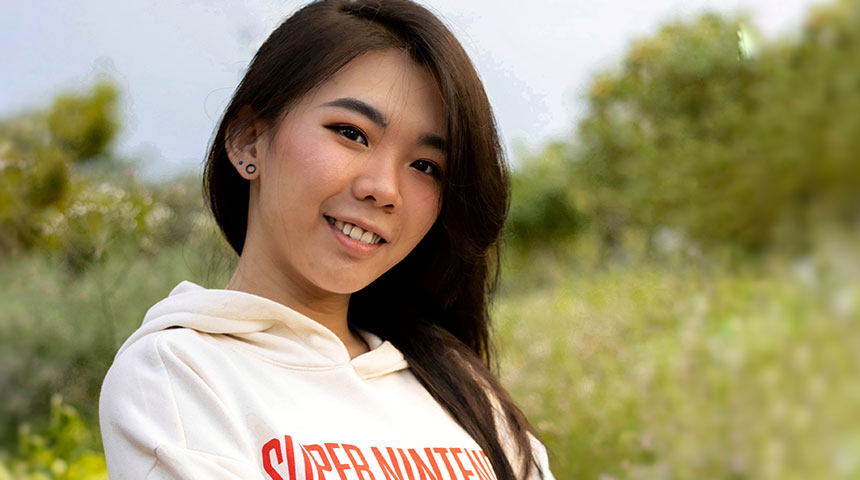
Alyson Tan is enjoying breaking new, professional ground in the world of gaming and esports.
What did you study at Murdoch? What do you do now?
I studied a Bachelor of Arts (Double Major) in Psychology, Communications & Media Studies. Right now, I am working as a curriculum designer and trainer in a non-profit esports organisation in Singapore. I work with subject matter experts to create and teach content to youths and adults revolving around games, careers in esports, mental wellness, and soft skills development such as teamwork, problem solving, and communication. At the same time, I also develop and teach the Diploma in Esports and Games Design at Informatics Academy.
I also participated in the 2019 Southeast Asian Games (SEA) as an assistant leader, helping the esports team use sports science (nutrition, mental preparation etc.) to improve their performance during tournaments. This is one of the areas I hope to continue developing locally.
What do you think is Murdoch’s point of difference compared with other universities?
I believe Murdoch cares a lot about its students, especially us as offshore students. I have received a lot of help from faculty members, giving me direction and ideas for pursuing careers and further studies within psychology and its relevant industries. There is a big focus on building up our skills in preparation for the workforce too. I have applied plenty of the knowledge gained during my studies in my work and I am grateful for that.
What drew you to working in this sector and are there any intriguing experiences you would like to share?
Coming from a Diploma in Games Design, coupled with my Psychology degree, I sought to find an area of work that combined both my passions. That is how I came upon the SCOGA Esports Academy. It was a unique opportunity for me to make use of my knowledge in psychology and game design to build workshop content that catered to adults, youths and children using games. A lot of times, working with youths at risk, workshops and lessons had to be done in a way that they are more receptive towards, and the deep knowledge of developmental psychology and theories greatly helped me in breaking down a game into teachable moments that learners can get behind.
Maybe the most interesting experience was being told that esports will happen at the SEA Games and that I had a chance to work together with sports psychologists, nutritionists, and other professionals in sports to help our esport athletes. Never would I imagine the day we get to see digital gaming in a sporting event, much less (dare I say) esports psychologists! Honestly though, everything in esports has been an intriguing experience for myself and the colleagues I work with. Mostly because it’s quite uncommon to think about esports and psychology as topics that can be combined in a classroom. Every workshop is a new experience in integrating learning into something starkly contrasting, games. Thinking about how to teach an abstract concept such as teamwork and communication through games like Mobile Legends is complex, and honestly, I am glad I could apply my degree knowledge here!
What have been some of the big changes in your line of work in recent years?
Just a few years ago, esports and games were probably seen as just a hobby, or something we waste time on, but then it got so mainstream that every kid knows about, or participates in, esports. That was the catalyst that allowed esports to become more of an industry, with careers and educational opportunities. A far cry from the early 2000s, where it was just something youths did to pass time socially. Now, we look to esports and games as a medium to engage youths for more than just socialising with each other. Now it is a platform for talking about cyber wellness, learning important 21st century skills, as well as career skills like broadcasting and journalism. The Covid-19 pandemic further stimulated the esports industry, with the globe practically on work-from-home notices and many turned to online entertainment mediums such as games. 2020 saw more esports events and engagements locally, as schools and other organisations sought out pure, online mediums with which to engage people.
What do you think about game-based learning trend? Any insights you would like to share?
I think it is here to stay! More so with esports and mobile gaming becoming increasingly mainstream. It is a natural progression, supported by the boost in technological advancements, that teaching methods will also update itself. GBL is less about creating or using targeted educational games, and more about engaging gamers in the games they are already interested in. As esports takes centre stage, there will be more collaborative learning i.e. working in teams, communication etc. There will probably be a whole generation of kids and youths that have better brain functioning, or more critical and strategic thinking, better problem-solving skills, and definitely more teamwork skills as they start getting into games, which are increasingly social, yet competitive in nature. Assessment methods might also change, from the traditional to more game-based assessment methods. For example, at the SCOGA Esports Academy, we assess learning through a learner's ability to perform well in their game environments, looking at how they work with team mates to reach different game objectives. Application of what they learn is a better gauge of knowledge retention compared to memorization for certain skills. This makes assessments much less anxiety-inducing and insanely fun!
With Esports being such a new area, is there scope for Psychology graduates to really break new ground or become niche specialists?
Definitely! Admittedly, esports is rather nascent, but within the last few years it has become increasingly popular and mainstream. We borrow from existing industries, incorporating it into esports. You have analysts and broadcasters in football giving you updates about what is happening on the field, and we took that into esports too. The opportunities are endless in esports, albeit you must carve it out yourself and pioneer it. If you can find a way to make use of what you know and integrate it into esports, you will find many opportunities here.
What is the best piece of advice you’ve received?
Just keep going no matter what and don’t ever stop learning and growing. You might feel lacking in skills or knowledge, but if you persist, have that grit and determination, you will always make it through. Be comfortable with the uneasy feelings of uncertainty and push on. If you do so, and always keep that inquisitive mind, you will never stop learning new things and growing.
Who inspires you?
Mia Stellberg. She is a sports psychologist that works with professional esports teams and has helped esports teams win various world championships. Mia tends to be my go-to example for explaining how sports knowledge such as "flow" or high-performance training can work in esports.
Plus, most of my professors. During my degree they were the ones that kept me going! They were always a source of motivation, pushed me through my doubts and taught me to focus on my end goals.
If you'd like to find out more about the world of esports you can contact Alyson here.
